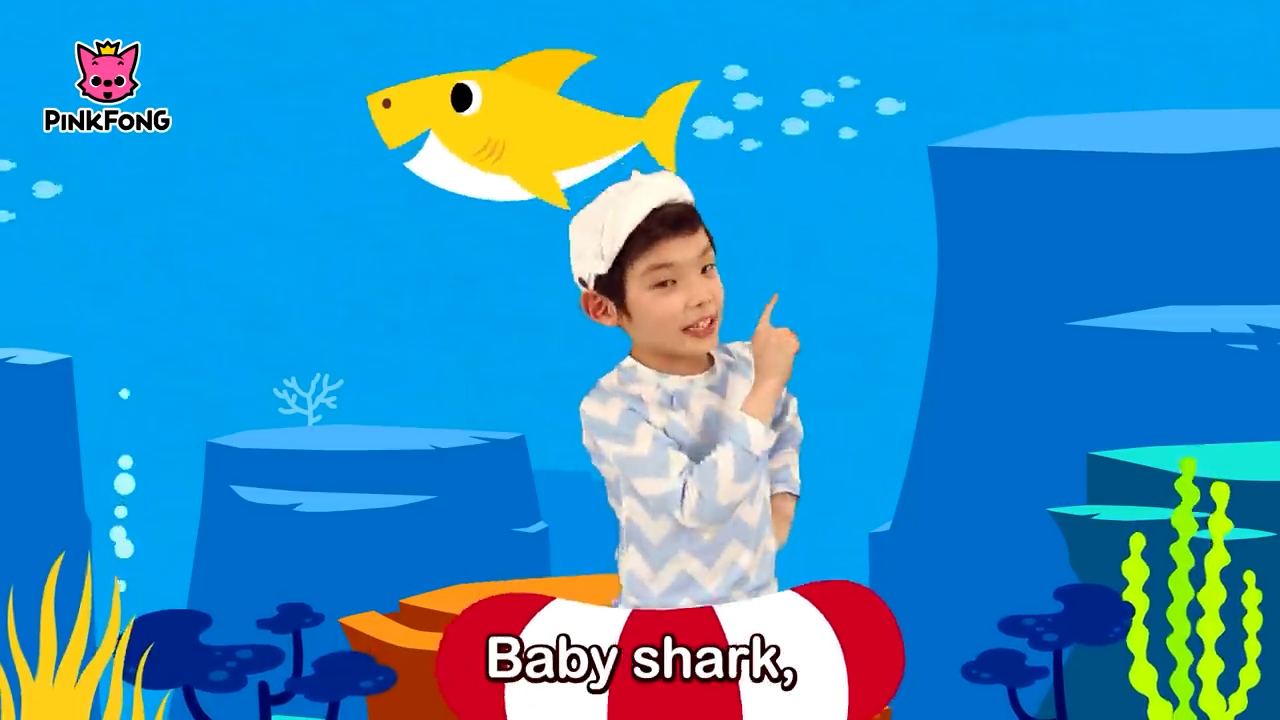Shabir Jobanputra Reflects on Turning Points in the Music Industry
When it comes to missed opportunities in the music business, not signing Amy Winehouse is arguably one of the most significant regrets for Shabir Jobanputra, affectionately known as “Shabs.” As his label, Relentless Records, celebrates its 25th anniversary this month, he reflects on the late singer-songwriter as the one that got away. Over the years, Jobanputra has collaborated with numerous successful artists, including So Solid Crew, Joss Stone, Nitin Sawhney, Finley Quaye, and Professor Green.
At 57, Jobanputra takes pride in navigating the music industry’s “extraordinary fluctuations” across the past 25 years, a period during which he noted the near collapse of the UK record business amid a surge in illegal downloads during the mid-2000s. In 1999, he co-founded Relentless with the Ministry of Sound to promote British hip-hop and R&B on vinyl. Today, a staggering 95% of the company’s revenue is generated from streaming. In 2023, Relentless Music Group, which also operates the Notting Hill Arts Club in London, reported sales of £21 million and a pre-tax profit of £4 million.
Reflecting on the evolution of the industry, he remarked, “On one level, the business model from 1999 to 2024 has remained unchanged; however, the methods of distribution have transformed dramatically.” He argues that record labels no longer have as much control over the industry landscape.

“In the past, we managed everything—promotion, marketing, and the music-making process,” Jobanputra continued. “Now, it’s a much more democratic environment where artists have numerous avenues available to achieve fame and success, far beyond just one label.”
This begs the question: why do emerging artists still seek record label partnerships? Why not cultivate their own audiences via social media and self-released tracks?
Jobanputra highlights Relentless’s continuing global influence. “We possess significant financial resources on a global scale,” he pointed out. The label, based in central London, operates alongside Sony, its partner since 2011, across over 70 international markets. “Producing records and mastering success in these varied markets is complex; achieving international recognition requires a dedicated team, not just a laptop.”
Having spent 40 years in various facets of the music industry, Jobanputra began his journey as a DJ for a pirate radio station in London in his teens. He launched his first label, Outcaste, in 1994, before establishing Relentless in 1999 and later serving as president of Virgin Records in the late 2000s. During that era, Virgin was part of EMI, which had formed a partnership with Relentless since 2002, succeeding Ministry of Sound, and was owned by Terra Firma, a private equity firm.
He describes the tumultuous period under Terra Firma’s ownership as “challenging.” In 2007, the firm acquired EMI for £2.4 billion when credit was easily accessible. However, as CD sales plummeted and illegal downloads proliferated amidst the financial crisis, Terra Firma saw its investment annihilated, leading to EMI’s takeover by Citigroup, its principal creditor, in 2011. By then, Jobanputra had accepted an offer from Sony to integrate Relentless into its umbrella.

“The best British music company being acquired by private equity coincided with the industry’s financial downturn, characterized by rampant piracy,” Jobanputra noted. “We were managing a period of decline.”
The landscape began to shift with the rise of streaming platforms and subscription models, although the changes were gradual at first. From around 2011, revenue from streaming services began to increase significantly. This year, however, growth has steadied to single digits as the market matures.
Despite this newfound stability in music consumption, artists and record labels face intensifying competition for listeners’ attention. “We are still creating three-minute content pieces, yet access to entertainment has become easier, with online platforms vying for eyes and ears — from videos and gaming to YouTube and more,” explained Jobanputra.
Interestingly, he perceives this as an opportunity rather than a setback. “We are launching new music into a frantic atmosphere—young audiences are simultaneously engaged with their phones, television, and tablets—but music retains its profound impact. Take Taylor Swift this year; her global phenomenon illustrates that fans still crave communal experiences.”
Scouting new talent not only involves attending live performances but also keeping an eye out for acts garnering online traction. Jobanputra estimates the timeline from signing an artist to achieving a successful return on investment has extended to approximately three to five years, compared to just 18 months in the pre-digital age.
“While technology has accelerated many processes, launching a new star has become a more protracted endeavor,” he added. “Current success stories, such as Sabrina Carpenter and Chappell Roan, reflect this trend; they have been crafting their craft for years. Selecting the wrong artist now carries significant financial implications.”
Relentless has adapted by maintaining a diverse portfolio of artists, which includes an unexpected partnership—license arrangements with Pinkfong, the South Korean toy company behind the viral sensation, Baby Shark. Every streaming instance of the iconic children’s song contributes to Relentless’s revenue, which counts in the billions.


Jobanputra describes the contrasting nature of these partnerships: “While we were forming a licensing deal with Pinkfong, we were also working with a prominent Tottenham rapper, Headie One, known for his tumultuous past. I thought, ‘This perfectly highlights the dichotomy of Relentless.'”
Jobanputra’s journey in the music industry is guided by his passion for creativity and innovation. Relentless emerged at a time when no one else was producing British hip-hop and R&B on vinyl, driven by a desire to celebrate the authenticity of the medium. “A life-changing conversation at 3 a.m. during a music conference in Cannes with a Ministry of Sound associate set everything in motion, and ten months later, we launched the label,” he recounted.
His willingness to embrace risk—and to forge a path in an industry where few second-generation British Asians have thrived—stems from his background as a refugee. Arriving in the UK at the age of five after fleeing the oppressive regime of Idi Amin in 1972, Jobanputra’s journey instilled a sense of resilience. “Having nothing to lose has undeniably shaped my entrepreneurial path. Arriving in Stansted on a distinctly cold day, we were taken to a refugee camp in Kent, where my mother fell ill almost immediately. It was a stark reminder that I had no past to look back on.”

High five
My hero: Richard Branson. I admire his charisma.
My best decision: Sharing one more drink at 3 a.m. in January 1999, which inspired the idea for Relentless.
My worst decision: Failing to sign Amy Winehouse. There were discussions early on, but I was already preoccupied with Joss Stone and KT Tunstall and felt unable to take on additional artists. Signing an artist represents a mutually exchanged commitment; it’s a privilege I strive to honor.
My funniest moment: During So Solid Crew’s peak, a tabloid journalist rummaged through my bins daily for two weeks. I greeted him cheerfully each day, unconcerned about what they might find, as I thought, ‘I’m definitely not the person you imagine.’
My best business advice: During your lowest moments, you must be willing to endure the challenges to reach your goals. There will be personal costs, yet the desire for achievement must prevail. This mindset isn’t for everyone.




Post Comment